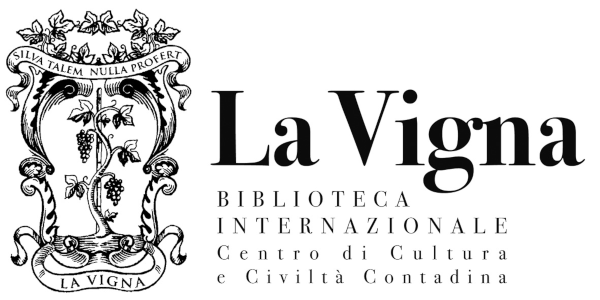
Neuroenology : how the brain creates the taste of wine / Gordon M. Shepherd. - New York : Columbia University Press, 2017. - 206 p. : ill. ; 24 cm.
Collocazione: GEN C XXI 1606
In his new book, Gordon M. Shepherd expands on the startling discovery that the brain creates the taste of wine. This approach to understanding wine's sensory experience draws on findings in neuroscience, biomechanics, human physiology, and traditional enology. Shepherd shows, just as he did in "Neurogastronomy: How the Brain Creates Flavor and Why It Matters", that creating the taste of wine engages more of the brain than does any other human behavior. He clearly illustrates the scientific underpinnings of this process, along the way enhancing our enjoyment of wine. Neuroenology is the first book on wine tasting by a neuroscientist. It begins with the movements of wine through the mouth and then consults recent research to explain the function of retronasal smell and its extraordinary power in creating wine taste. Shepherd comprehensively explains how the specific sensory pathways in the cerebral cortex create the memory of wine and how language is used to identify and imprint wine characteristics. Intended for a broad audience of readers-from amateur wine drinkers to sommeliers, from casual foodies to seasoned chefs-Neuroenology shows how the emotion of pleasure is the final judge of the wine experience. It includes practical tips for a scientifically informed wine tasting and closes with a delightful account of Shepherd's experience tasting classic Bordeaux vintages with French winemaker Jean-Claude Berrouet of the Chateau Petrus and Dominus Estate.
Nel suo nuovo libro, Gordon M. Shepherd amplia le conoscenze sull'elaborazione del gusto da parte del cervello. Questo approccio alla comprensione dell'esperienza sensoriale del vino si basa su scoperte nei campi delle neuroscienze, della biomeccanica, della fisiologia umana e dell'enologia tradizionale. Shepherd mostra, proprio come ha fatto in "Neurogastronomy: How the Brain Creates Flavor and Why It Matters", che la creazione del gusto del vino coinvolge più cervello di qualsiasi altro comportamento umano. Illustra chiaramente le basi scientifiche di questo processo, migliorando la nostra percezione del gusto. "Neuroenology" è il primo libro sulla degustazione di vini scritto da un neuroscienziato. Incomincia con i movimenti del vino in bocca e poi passa in rassegna recenti ricerche per spiegare la funzione dell'odore retronasale e il suo straordinario potere nel creare il gusto del vino. Shepherd spiega in modo esaustivo come le specifiche vie sensoriali nella corteccia cerebrale creano la memoria del vino e come il linguaggio viene usato per identificare e imprimere le caratteristiche del vino. Destinato a un vasto pubblico di lettori, dai bevitori dilettanti ai sommelier, dai buongustai agli chef esperti, "Neuroenology" mostra come l'emozione del piacere sia il giudice finale dell'esperienza di degustazione. Include consigli pratici per una degustazione scientifica dei vini e si chiude con un piacevole racconto dell'esperienza di Shepherd che assaggia le classiche annate di Bordeaux con l'enologo francese Jean-Claude Berrouet dello Chateau Petrus e Dominus Estate.
